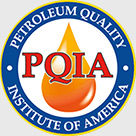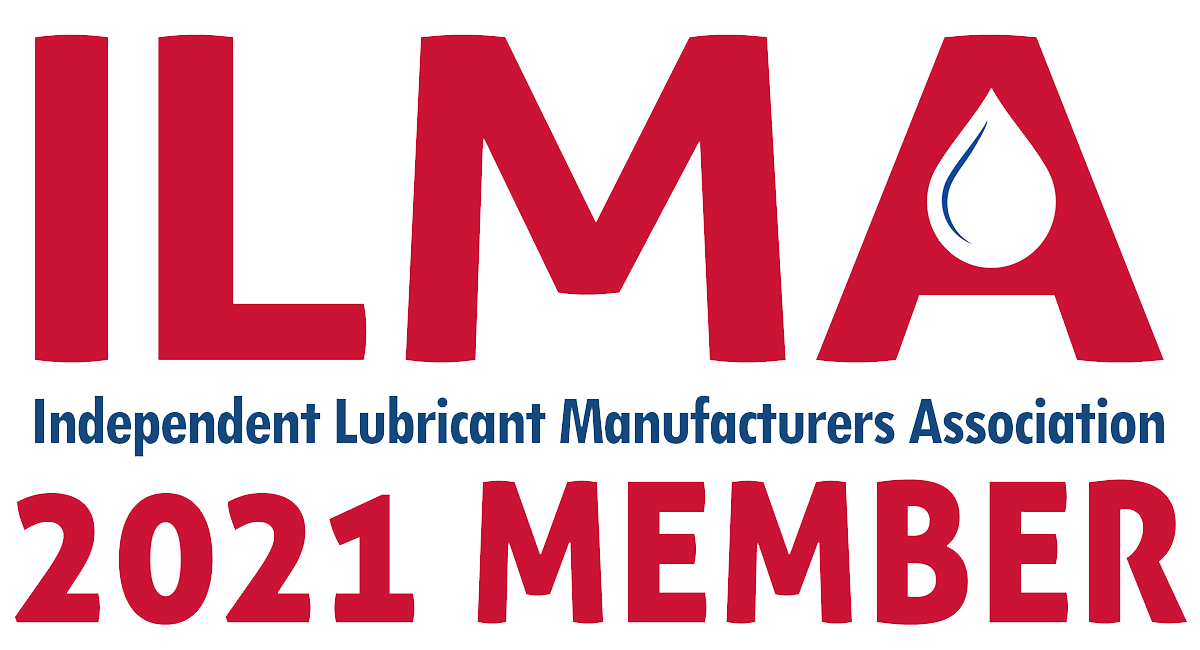Diesel Exhaust Fluid, or DEF, has become required for diesel engine vehicles to meet new emission standards. However, its ubiquitous presence at airports has led to a series of contamination issues and dangerous emergency landings that have pilots concerned.
Jet fuel contaminated with DEF has caused three reported incidents of engine failure over the past 18 months. Most small plane pilots use an additive to prevent icing in their fuel systems, which are subjected to extreme temperatures when flying at altitude. That additive is almost indistinguishable from DEF, as both are clear and colorless.
“For aircraft fueling, we use something called a flight system icing inhibitor, or FSII, which is an additive added to jet fuel to prevent it from freezing at altitude,” David Oord, Senior Director, Government Affairs for the Aircraft Owners & Pilots Association (AOPA) said. “This will prevent icing and clogging of the system.”
When DEF is added to jet fuel, it causes crystals to form that can clog the fuel system, leading to engine failure. There is currently no way for pilots to determine whether their systems have been contaminated before it’s too late.
Read More: Survey Shows Positive Reactions on Autonomous Vehicles
“The pilot won’t be aware of it until they are at 30 thousand feet and all the sudden their fuel systems will get clogged and suffocate, starving the engine of fuel,” Oord said. “It could be in the middle of the country, where there isn’t an airport nearby. A lot of these jets can fly trans-Atlantic. What if they took off Eastbound and are out of range to glide back to an airport?”
The first known incident occurred In 2017, when a fuel handler mistakenly added DEF to a tank intended for FSII in Omaha, Neb. No one was killed, but after similar incidents occurred at other airports, the AOPA decided action was needed.
“We thought this was a one off that wasn’t going to occur again,” Oord said. “Unfortunately, it did and we had a near fatality incident. We realized this was an issue we needed to stay in front of.
Oord said having a clear labeling system and well documented procedures are critical for preventing these incidents from occurring more frequently. While pilots need to stay vigilant, there is only so much they can do.
“The crux of the matter is you have two liquids on an airport property. Because they are both clear, they need to be clearly labeled and quarantined,” Oord said. “As pilots, there really isn’t much we can do. There is no test, it’s hard to detect and we really have to count on the fuel handlers and line personnel to make sure they have proper procedures in place.”
While it could become a major issue for small plane operators, patrons need not worry about commercial aircraft engines stalling out due to contaminated fuel. Those engines have heated fuel systems and FSII is not required to keep them from freezing up. For those flying on small aircraft, the AOPA believes removing DEF from airports entirely is the only way to ensure safety.
“There is no known test, but that is something we are exploring. Anytime you have a certification of a test, there is going to be time, complexity and cost involved,” Oord said. We are really trying to focus on prevention and the best solution to prevent this is to not have DEF at the airport.”
For that to happen, they are going to need some help from the EPA.
“It’s going to take some action from the EPA,” Oord said. “We are looking to see if there is a possibility from exempting these on-airport vehicles form the mandate. We are exploring all our options, but that would be the most effective long-term solution.”



